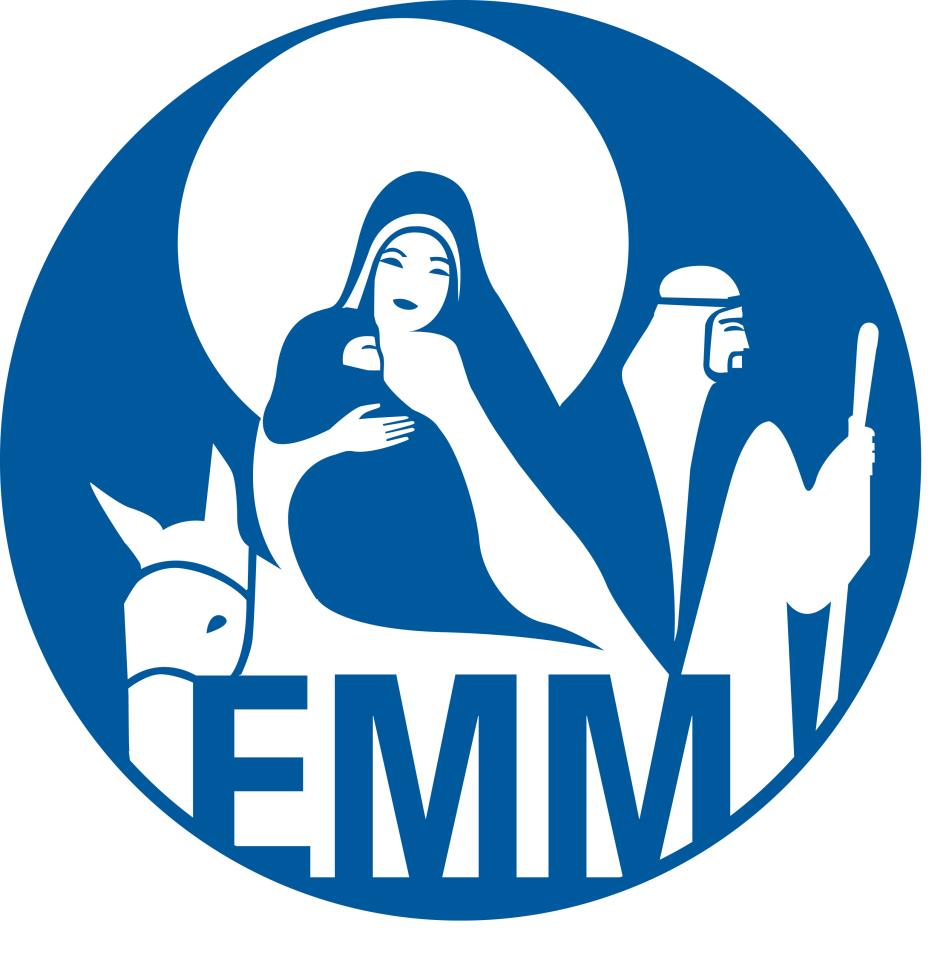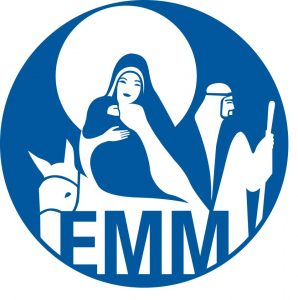Earlier this month, the Executive Council awarded Episcopal Migration Ministries (EMM) with a $44,910 Constable Grant to increase the involvement of Episcopalians in the Church’s refugee ministry.
The Constable grant will support “Share the Journey,” a program that encourages Episcopalians to advocate for just solutions for all refugees and offers education and formation that “deepens and enriches lives of faith through prayer and mission as Episcopalians meet Jesus in incarnational relationships with their refugee neighbors,” says Allison Duvall, EMM’s program manager for church relations and co-sponsorship. “As a vehicle to understand complex global situations and the resettlement process, Share the Journey will deeply explore the specific refugee crisis in the Democratic Republic of Congo, which has seen some of the world’s worst violence and human rights abuses in recent years.”
While EMM has previously resettled only small numbers of Congolese refugees through its network, the United States has now committed to resettling up to 30,000 Congolese refugees over the next three to five years.
While “Share the Journey” takes a new approach, the Episcopal Church’s commitment to welcoming refugees extends back to the 1800s, when the church opened port chaplaincies on both coasts. In the buildup to World War II, the church advocated for Jews and other people displaced by Nazi terror and helped Central European refugees seeking new homes. As the number of refugees increased after the war, the Episcopal Church increased its commitment to refugees by creating the Presiding Bishop’s Fund for World Relief and by joining with other denominations to found Church World Service in 1946.
In 1980, the United States government passed the Refugee Act, standardizing all refugee resettlement and aid programs across the United States. The Episcopal Church has assisted refugees through the Refugee Act from its inception, first through the Presiding Bishop’s Fund for World Relief and then, after its founding in 1988, through Episcopal Migration Ministries.
Since 1988, EMM has welcomed more than 50,000 refugees, and in 2013 alone, the program resettled 4,712 refugees from conflict areas across the world. Today EMM has 30 affiliate offices in 26 dioceses that are currently resettling Iraqi, Burmese, Bhutanese, Somali, Eritrean, and increasingly, Congolese refugees. EMM is also ready to help the church welcome refugees fleeing the current crisis in Syria if the United States begins resettlement of Syrian refugees.
“Share the Journey will provide the experience and knowledge base necessary to catalyze ministry on the ground,” says Duvall. “It will provide tools and resources to help dioceses and parishes to form teams to engage in refugee ministry.”
Even as the refugee crisis deepens, EMM faces the daunting task of finding sufficient funding. Most of its support comes from the Department of State, Bureau for Population, Refugees, and Migration (PRM) and the Office of Refugee Resettlement (ORR) in the Department of Health and Human Services. This funding goes to EMM’s 30 affiliate offices to pay for refugee reception and placement services that can include medical screenings and exams, English as a Second Language lessons and assistance with finding housing, enrolling children in schools, and applying for a Social Security card.
Despite bipartisan support, federal funding for refugee resettlement programs has not increased to meet demand. “Populations of refugees often include women, children, and individuals with medical and mental health needs,” says Katie Conway, immigration and refugee policy analyst in the Episcopal Church’s Office of Government Relations. “Refugee resettlement funding has not kept pace with these populations’ diverse needs, nor is it flexible enough to provide for unanticipated needs, such as secondary migration among resettled refugees or increases in the number of unaccompanied immigrant children in federal custody.”
Advocacy is critical, say both Conway and Stein, and Episcopal deputies and other leaders can help. “Opportunities abound for deputies to be catalysts for advocacy and service with refugees in their dioceses,” says Duvall, who was a deputy from the Diocese of Lexington at General Convention in 2009 and 2012.
Duvall suggests that deputies first become more aware of the struggles of refugees and, if possible, seek out opportunities to work with local refugee programs and share their stories with state and federal legislators. “The refugee resettlement program is a life-saving humanitarian program of the United States government,” says Duvall, “but it is the grassroots partnership, collaboration, and involvement of Episcopalians that makes it truly a ministry in which we seek and serve Christ Jesus.”
Learn more about EMM on their website and like their Facebook page to stay informed.



